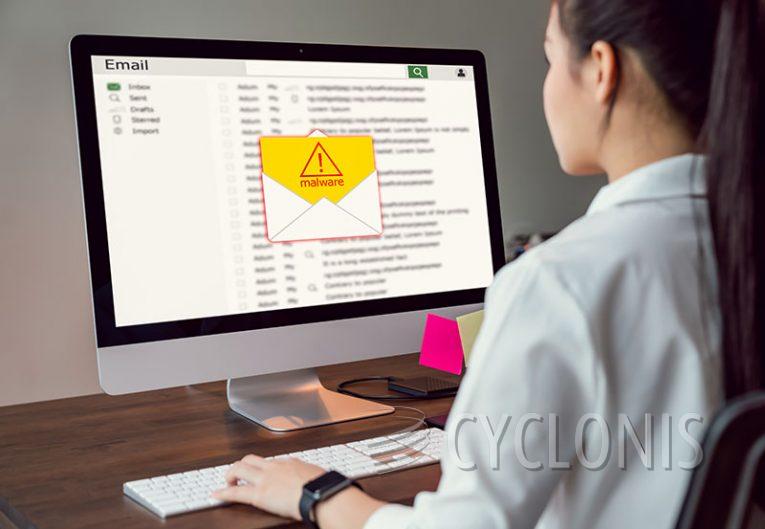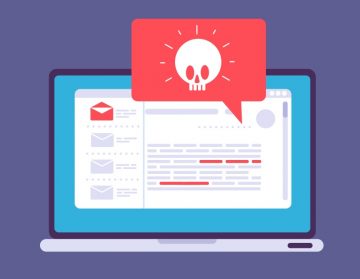Beware of the 'HR Added You To The Working Group' Email Scam

Upon examination, our team has concluded that the email in question is a fraudulent message intended to deceive its recipients into revealing their confidential data. The email is camouflaged as an HR department communication and includes a hyperlink to a phishing site. We strongly advise the recipients to disregard this deceitful email.
This phishing email masquerades as a message that informs the recipient that they have been added to a working group with eight other members on Teams. The email's subject line implies that a contract has been signed. The email concludes with a generic copyright notice and privacy policy at the bottom.
The objective of this email is to dupe recipients into clicking on the provided link (a button that says "Open Teams") and entering their personal information. When our team investigated this email, the page within it was not accessible. Nevertheless, it is highly probable that the scammers behind this email want to deceive the recipients into divulging their login credentials.
Scammers steal login credentials for various reasons, one of which is to obtain access to sensitive information or financial accounts. With login credentials, scammers can log in to email accounts, social media profiles, bank accounts, and other platforms to gather personal information, embezzle money, or engage in fraudulent activities.
Furthermore, scammers may sell the pilfered login credentials on the dark web to other cybercriminals to make a profit. Additionally, the scammers may employ the stolen credentials to disseminate malware or execute phishing attacks by dispatching malicious emails or messages to the victim's contacts.
What Are Five of the Top Signs an Email is a Scam?
Here are five signs that an email may be a scam:
- Suspicious sender: Check the email address of the sender carefully. Scammers often use fake email addresses that are similar to legitimate ones. If the email address looks suspicious or unfamiliar, it's likely a scam.
- Urgent or threatening tone: Scammers often use urgent or threatening language to pressure recipients into taking immediate action. Be cautious of emails that demand immediate action, threaten consequences if you don't comply, or offer a reward that seems too good to be true.
- Suspicious attachments or links: Be wary of emails that contain suspicious attachments or links. Scammers often use attachments or links to infect your device with malware or direct you to a phishing website.
- Poor grammar and spelling: Many phishing emails are poorly written with spelling and grammar errors. If the email is poorly written, it's likely a scam.
- Requests for personal information: Be cautious of emails that request personal information such as passwords, Social Security numbers, or bank account details. Legitimate companies usually don't ask for this information via email.








